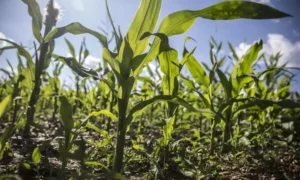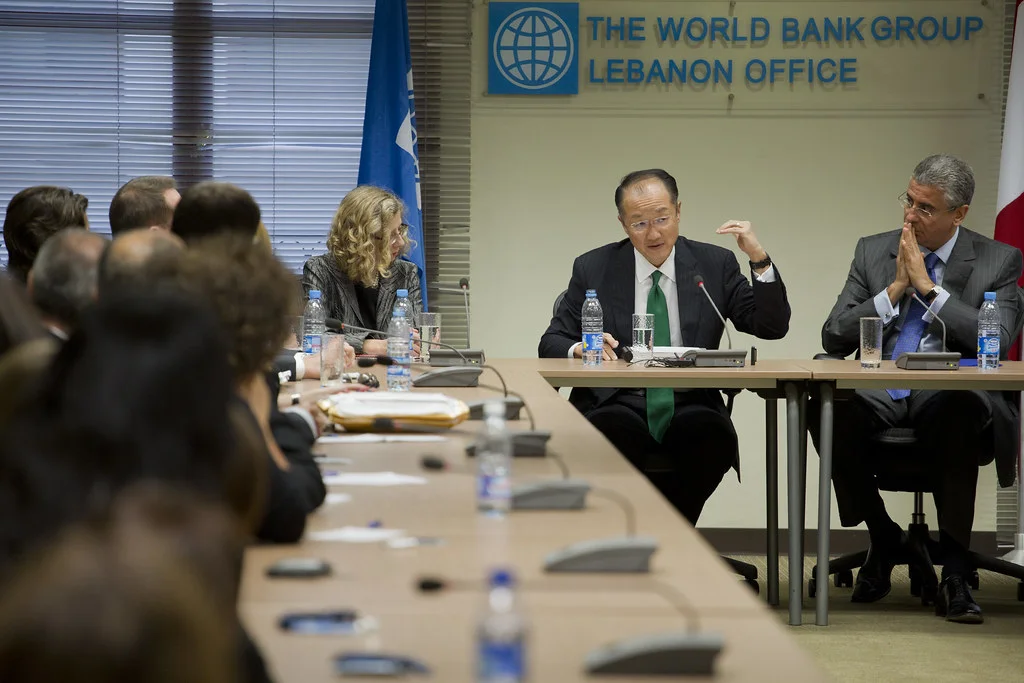The World Bank has approved a substantial $750 million loan to support Nigeria’s efforts in transforming its agriculture sector and enhancing food security. This funding aims to address the country’s rising food insecurity by promoting innovation, increasing productivity, and supporting farmers across various regions.
Addressing Urgent Food Security Challenges
Nigeria has faced worsening food insecurity in recent years due to multiple factors, including climate change, conflict in farming communities, inflation, and inadequate infrastructure. Millions of Nigerians, especially in rural areas, struggle with hunger and malnutrition. This new World Bank loan comes at a critical time, as the country aims to revamp its agricultural systems and make food more available and affordable.
According to estimates, nearly 25 million Nigerians could face hunger during the lean season if no urgent interventions are made. The funding is part of a broader initiative to mitigate this threat and ensure more Nigerians have reliable access to food.
Focus of the Funding: Empowering Farmers and Expanding Production
The approved loan will support the “Food Systems Resilience Program for Eastern and Southern Africa,” which Nigeria has joined to combat regional food insecurity. Through this initiative, the World Bank and its partners will help Nigeria improve its food value chains, encourage climate-smart agriculture, and expand irrigation infrastructure.
A major portion of the funding will be channeled into empowering smallholder farmers—who produce over 70% of the country’s food—by providing them with access to improved seeds, fertilizers, training, and technology. The goal is to help these farmers increase yields, reduce post-harvest losses, and get their products to market more efficiently.
Additionally, the funds will support the rehabilitation and development of rural roads, cold storage facilities, and market hubs to strengthen the entire supply chain from farm to consumer.

Driving Innovation and Climate-Smart Practices
A key focus of the program is building climate resilience in agriculture. With Nigeria increasingly facing erratic weather, floods, and droughts that affect food production, the project will invest in sustainable practices that help farmers adapt to these challenges.
This includes promoting the use of drought-resistant crop varieties, efficient water management systems, and digital tools for forecasting weather and monitoring crop health. These innovations aim to improve food security while reducing the environmental impact of agricultural practices.
Government Commitment and Strategic Implementation
The Nigerian government has expressed strong commitment to using the World Bank funds strategically to support its agricultural transformation agenda. The Ministry of Agriculture and Food Security, in collaboration with state governments and private sector partners, will coordinate the implementation.
The initiative also aims to promote agribusiness by supporting processing industries and creating job opportunities, especially for youth and women in rural communities. By linking farmers to markets and value-added services, the program seeks to build a more inclusive and profitable agricultural sector.
World Bank’s Broader Goals in the Region
This funding aligns with the World Bank’s broader objective of reducing poverty and increasing shared prosperity in Africa. Nigeria, being the continent’s most populous nation, plays a central role in achieving food security for the region.
The World Bank has reiterated its support for Nigeria’s reforms and investments in food systems, noting that the country’s success could serve as a model for neighboring countries facing similar challenges.
Looking Ahead: A Step Toward Sustainable Food Systems
With this $750 million support, Nigeria is expected to improve food availability, reduce dependency on imports, and stabilize food prices. While the challenges remain significant, the funding provides a major opportunity to implement long-term solutions to hunger and agricultural underperformance.
Ultimately, the success of the program will depend on transparent implementation, effective monitoring, and collaboration among all stakeholders—government agencies, farmers, private investors, and development partners. If well-executed, the initiative could reshape Nigeria’s agricultural landscape and enhance food security for millions of its citizens.






